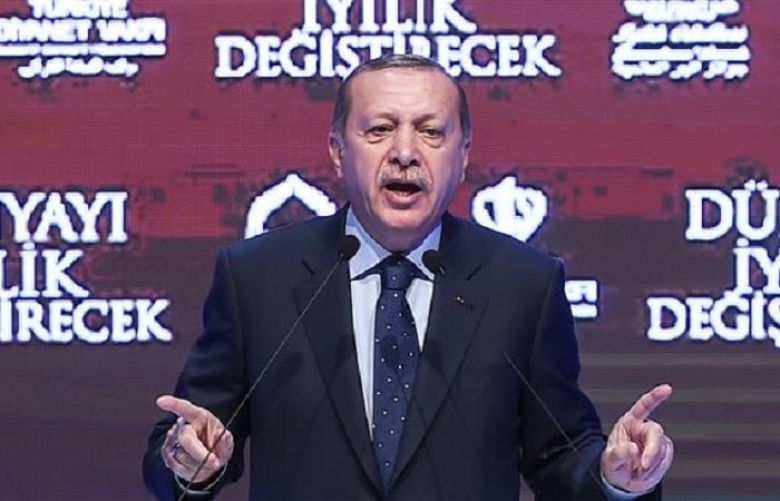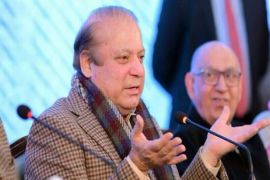Turkish President Recep Tayyip Erdogan continues his sharp criticism of Europe, saying Ankara may review its relations with the continent following the country’s April referendum.
On Tuesday, Erdogan described Europe as “fascist and cruel” and said that the policies of European countries resemble those of the pre-World War Two era.
The president stressed that Turkey will no longer be threatened by the EU membership process, saying that “from now on” Turkey will not allow any Europeans to carry out “spying” under various pretexts on Turkish soil.
Erdogan pointed to the EU criticism of Turkey’s state of emergency following last July’s attempted coup and told the bloc to “mind its own business.”
The comments come despite repeated warnings by EU leaders for Erdogan to stop his inflammatory rhetoric against the bloc. Tensions broke out in early March after a number of EU states, especially Germany and the Netherlands, prevented Turkish ministers from attending campaign rallies in their countries.
Erdogan argues that European powers are using Nazi tactics by banning Turkish political rallies.
Turkey has been attempting to become part of the EU for decades. The process has been mired in problems, and only 16 of the 35 chapters in the accession procedure have been opened for Ankara so far.
In November last year, the European Parliament suspended the accession talks with Ankara over concerns regarding human rights and the rule of law following the July 2016 coup attempt against Erdogan, which Ankara claims was organized by US-based cleric Fethullah Gulen. In January, Turkey, however, called on the EU to resume the negotiations.
Brussels has already criticized Ankara for its massive crackdown since the attempted coup. According to official figures, tens of thousands of people, including military personnel, judges, and teachers, have been suspended, dismissed, or detained as part of the post-coup clampdown.
The 28-nation bloc has also expressed its deep concern regarding Turkey’s referendum, further putting the accession talks on a bumpy road.
The April 16 plebiscite is aimed at abolishing the office of the prime minister and giving more executive powers, including issuing decrees, declaring emergency rule, appointing ministers and state officials and dissolving the parliament, to the currently largely ceremonial position of president. Critics say the vote would give the president dictatorial powers.
In March, Germany infuriated Turkey after it prevented Turkish ministers from campaigning in the European country for a “Yes” vote in the upcoming referendum.
The ban generated an unprecedented row between Ankara and Berlin. Erdogan called Merkel a “terrorist supporter” over Berlin’s failure in responding to 4,500 dossiers sent by Ankara on terror suspects, including those linked to PKK militants and last year’s failed coup.
The Netherlands also angered Ankara after it barred two Turkish ministers earlier this month from holding rallies for a “Yes” in the plebiscite, prompting Erdogan to call Dutch authorities “fascists” and “remnants of Nazis.”







